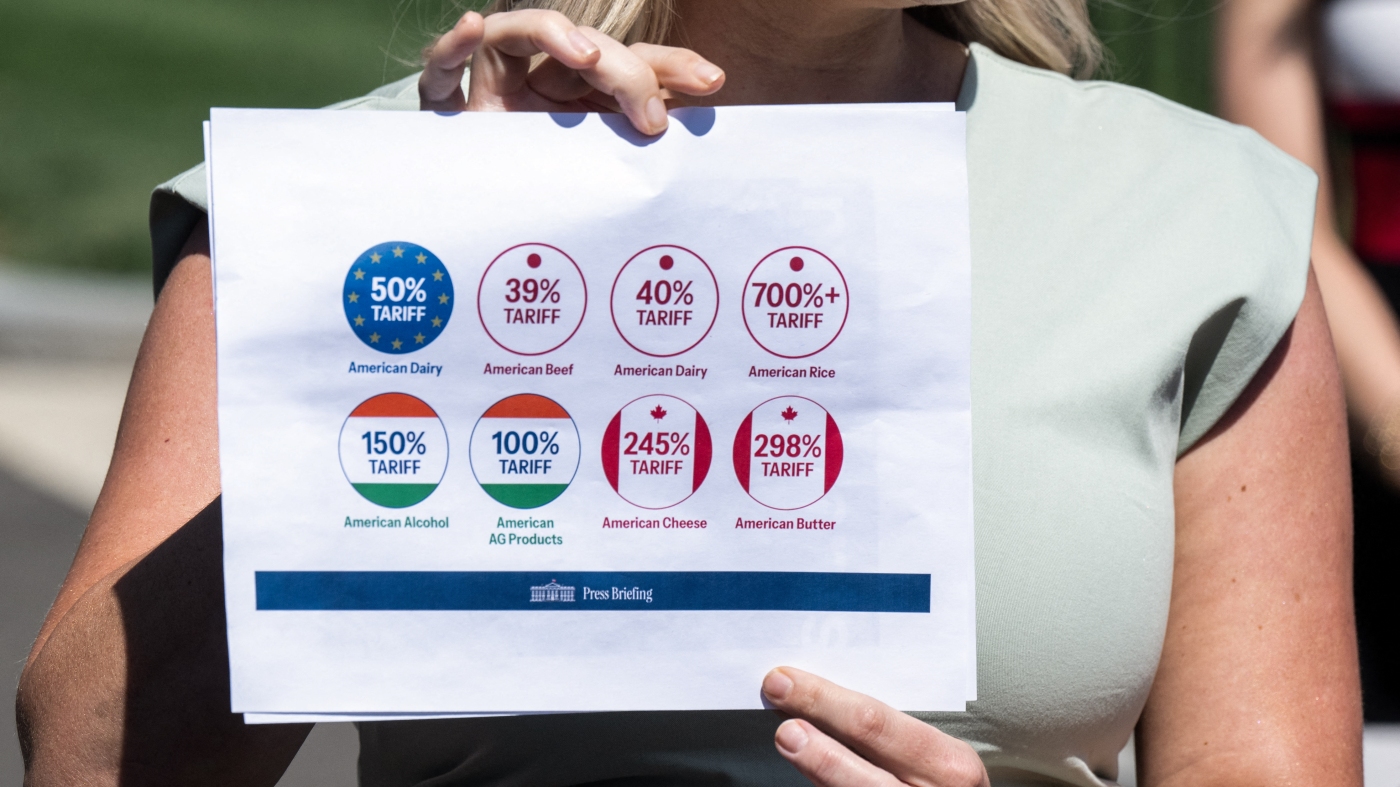President Trump plans to introduce "reciprocal tariffs" aimed at imported goods from various countries. This approach is meant to push back against what he sees as unfair trade practices. The idea is to impose taxes on imports that reflect similar tariffs other countries charge on American products.
However, some experts warn that this strategy could lead to higher prices for U.S. consumers. Economists predict that the average American could face a cost increase of about $2,700 to $3,400 annually due to these tariffs. This could hurt not just consumers but also U.S. farmers and exporters, who may face retaliation from other nations.
The stock market has reacted negatively, with the S&P 500 recently closing out its worst quarter in nearly three years. Consumer confidence is also at a 12-year low, according to recent data. Many question if the revenue from these tariffs will meet Trump’s optimistic predictions.
Trump has suggested that the design of these tariffs will be more lenient than originally planned. For instance, he has publicly stated he wants to be more reasonable in comparison to the existing tariffs imposed by other countries, particularly Japan, Canada, and the EU.
While the White House has remained vague about which specific countries and products will be affected, this monthly rollout plan suggests a shift from a previously more aggressive stance. The administration has yet to clarify when exactly these tariffs will take effect.
Economists emphasize that targeted tariffs are typically more effective. Doug Irwin, a professor at Dartmouth College, notes that a broad approach can complicate the process and lead to unnecessary economic strain. John Veroneau, a former U.S. Trade Representative, agrees, highlighting that a more surgical approach to tariffs would likely yield better results in addressing specific trade issues.
This situation reflects a larger trend in trade discussions, where vague objectives and blanket policies may not resolve the underlying conflicts between nations. With trade relationships continuing to evolve, the effectiveness of these tariffs will depend heavily on their design and execution.
For a more technical exploration of the economic implications of such tariffs, you can refer to the Yale Budget Lab, which provides insights into potential impacts on the economy.
In summary, while Trump’s proposed tariffs aim to protect American interests, they also carry risks for consumers and the economy. How these changes will unfold remains uncertain, highlighting the complex nature of international trade.










